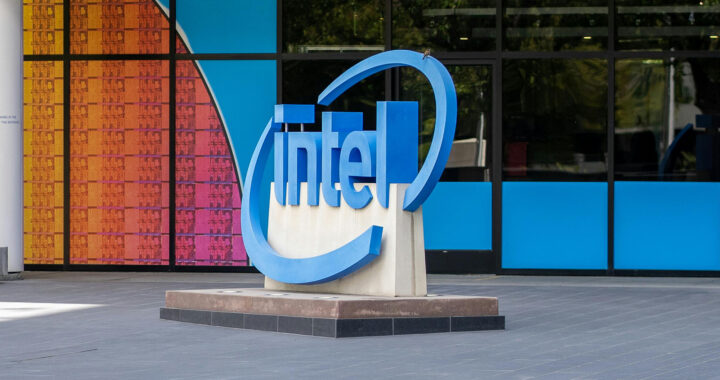Intel Corporation has formally warned shareholders that the acquisition of about 10 percent of the company by the United States government could negatively affect international sales. The disclosure was made in a recent Securities and Exchange Commission filing, where Intel identified a wide range of commercial, political, and financial risks.
Possible Control Issues
Note that the funding arrangement provides the homegrown U.S. chipmaker with nearly 8.9 billion dollars that will come from two sources and be distributed in two streams. About 5.7 billion dollars will come from accelerated CHIPS Act funding, while approximately 3.2 billion dollars will be tied to the CHIPS Secure Enclave program for defense-related chips.
Moreover, in exchange for this substantial capital support, Intel has agreed to issue up to 433 million new shares to the United States government. Of this total, about 274 million shares will be issued immediately, while roughly 159 million shares will be placed in escrow, pending fulfillment of specific contractual conditions and obligations.
If the Secure Enclave program fails to provide the full anticipated funding, only half of the corresponding escrowed shares will be released to the United States government, while the other half will be cancelled entirely. This conditional arrangement introduces uncertainty regarding the eventual ownership stake of the government and the future equity control of the company.
International Sales Risks
The company also explicitly emphasized risks tied to its dependence on foreign markets. In the 2024 fiscal year, about 76 percent of revenue came from sales outside the United States. Nearly 29 percent of sales were specifically associated with customers in China. This figure is followed by significant reliance on Singapore and Taiwan.
Intel acknowledged that having the U.S. government as a significant shareholder could trigger restrictions under foreign subsidy laws. Such limitations might influence Intel operations, especially in jurisdictions with heightened sensitivity toward national interest, foreign ownership, and trade policies that could undermine established commercial relationships.
The company also warned of potential adverse reactions from employees, suppliers, competitors, and investors. It noted that some governments or buyers could reduce orders in response to political concerns, while new trade regulations or retaliatory measures may directly hinder revenue in countries heavily integrated into Intel supply chains.
Long-Term Uncertainties
An interesting part of the agreement centers on specific warrants that become exercisable only if the company no longer controls at least 51 percent of its foundry operations. These provisions highlight concerns about dilution, potential shifts in corporate governance, and long-term uncertainty for existing shareholders regarding future capital structure.
Intel also indicated that it has not completed a full evaluation of the financial, tax, and accounting implications of this transaction. The company cautioned that further issues could arise, potentially altering costs, obligations, or eligibility for future assistance, while simultaneously increasing overall exposure to legal or regulatory scrutiny.
Political dimensions also add complexity. The homegrown chipmaker stated that changes in U.S. leadership, policy direction, and funding priorities could alter or unwind the agreement. This disclosure underscores how geopolitical volatility, trade disputes, and shifts in government direction may significantly affect long-term global competitiveness.
Implications and Takeaways
Remember that the fund used to acquire the 10 percent Intel stake comes from already awarded government programs. Trump administration officials noted that this ensures taxpayer funds produce long-term value rather than non-recoverable subsidies. It is also worth noting that the U.S. government will not receive board representation or governance rights.
Donald Trump publicly celebrated the arrangement, describing it as a success for taxpayers and the national industry. He claimed that the federal government obtained an equity stake amounting to approximately 11 billion dollars at no cost. This assertion frames the deal as a strategic decision intended to advance national economic and security priorities.
Intel remains cautious. Its filing notes that while the deal secures immediate capital and future funding for national security technologies, it also raises the risk of alienating foreign governments, reducing international revenue streams, and complicating overall corporate strategy through unpredictable legal, financial, and political consequences.
FURTHER READING AND REFERENCE
- Intel Corporation. 22 August 2025. Form 8-K: Current Report. Available online
- Yeung, N. A. 23 August 2025. “U.S. Government Acquires 10 Percent Stake in Intel.” Profolus. Available online
